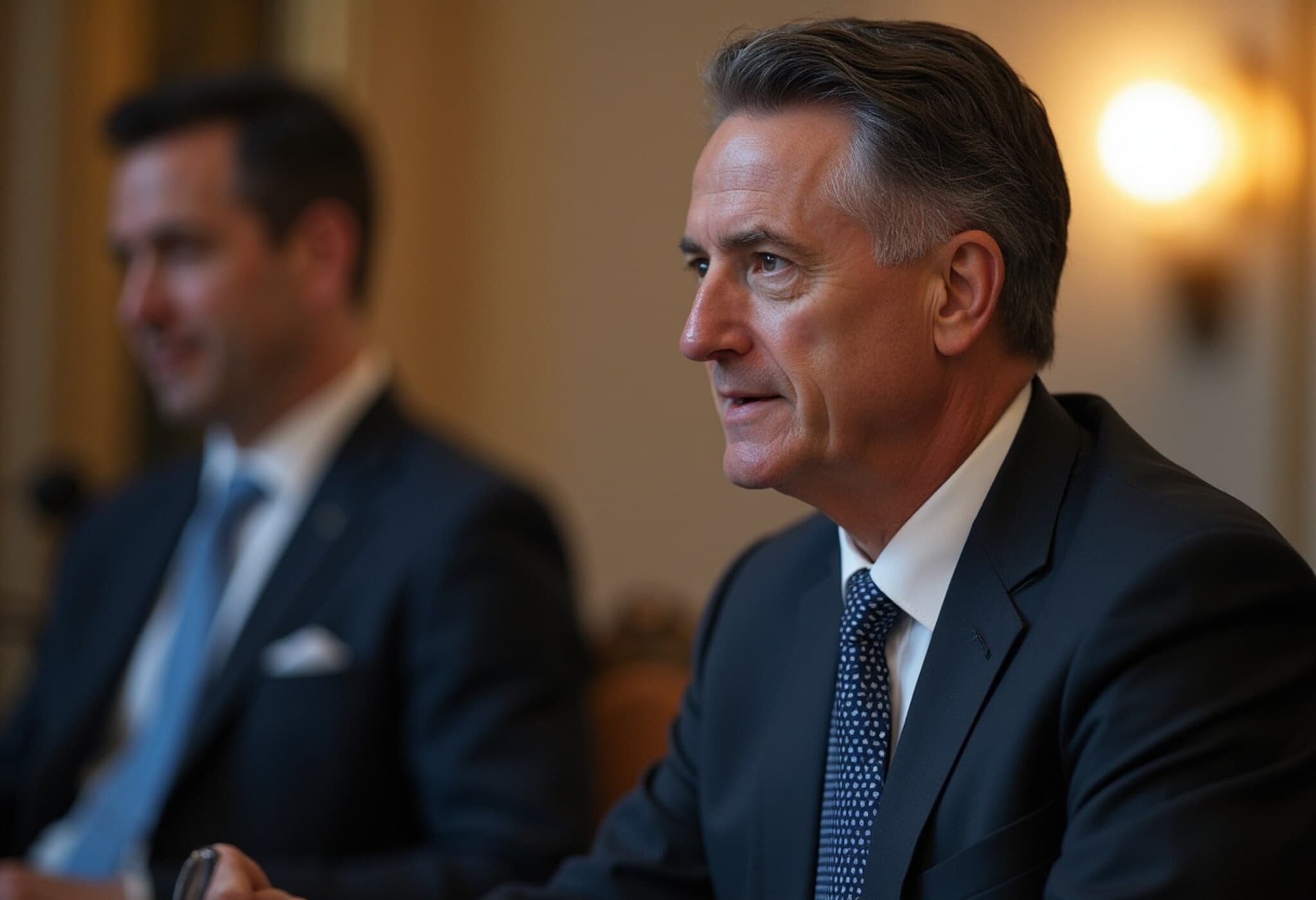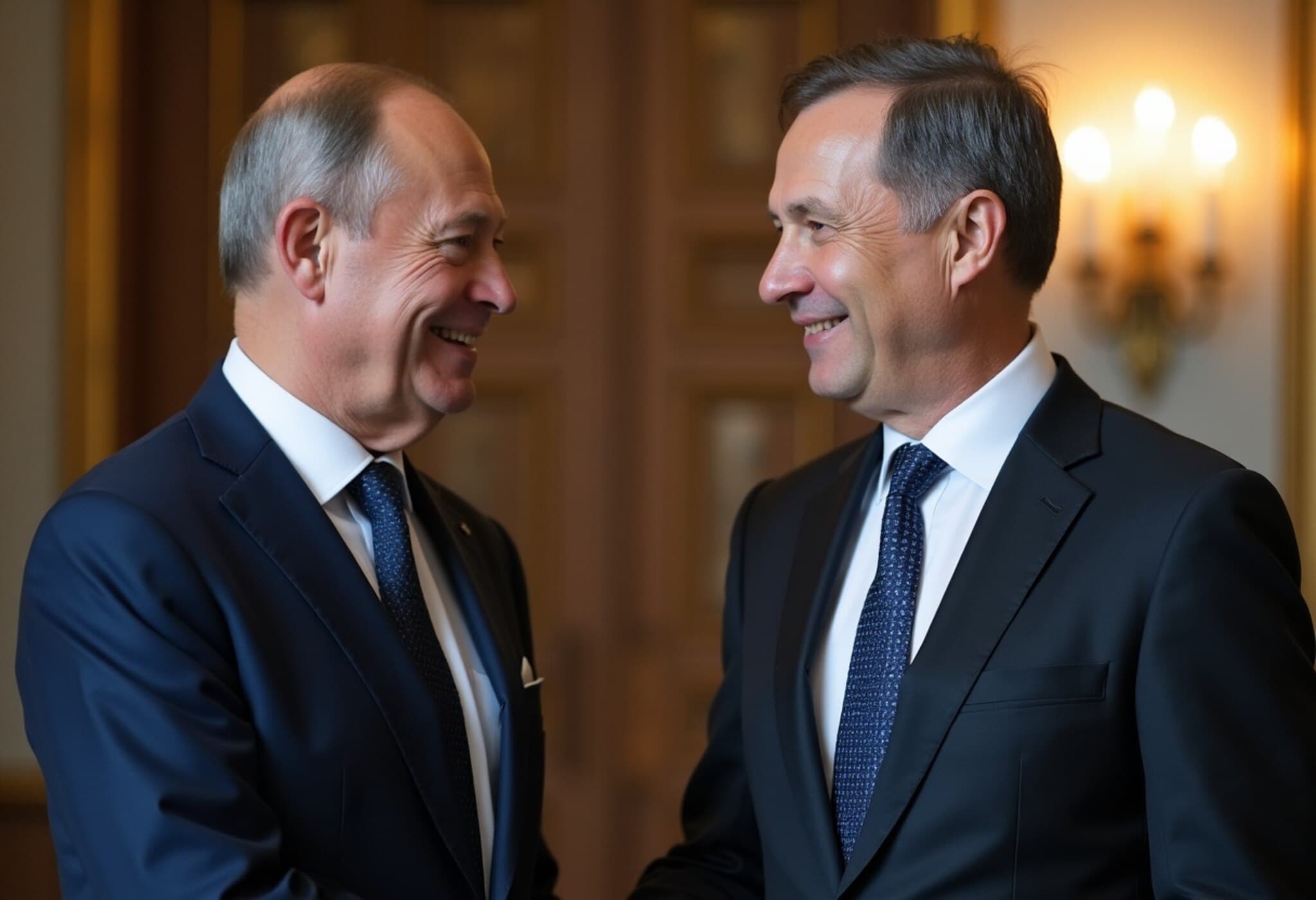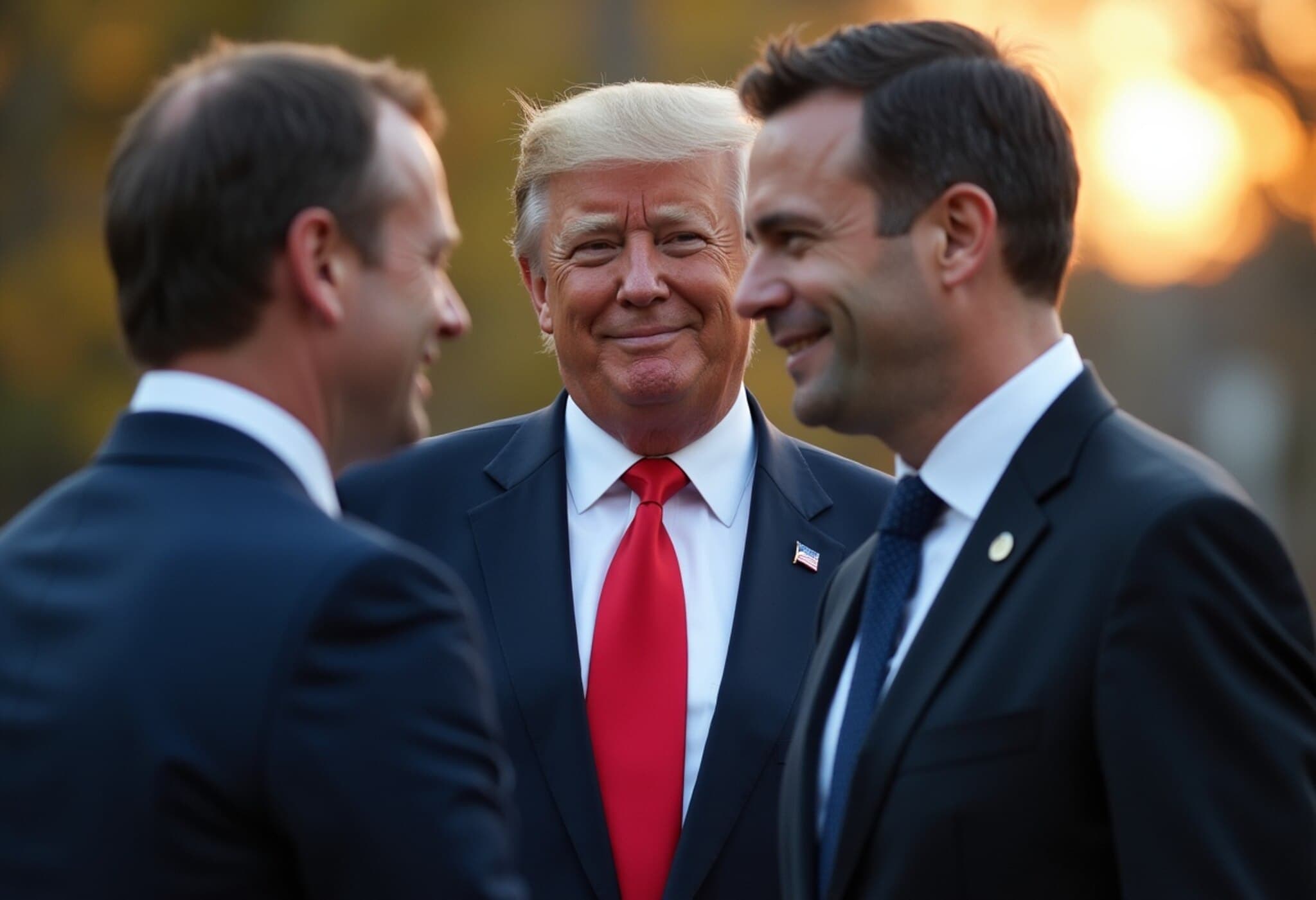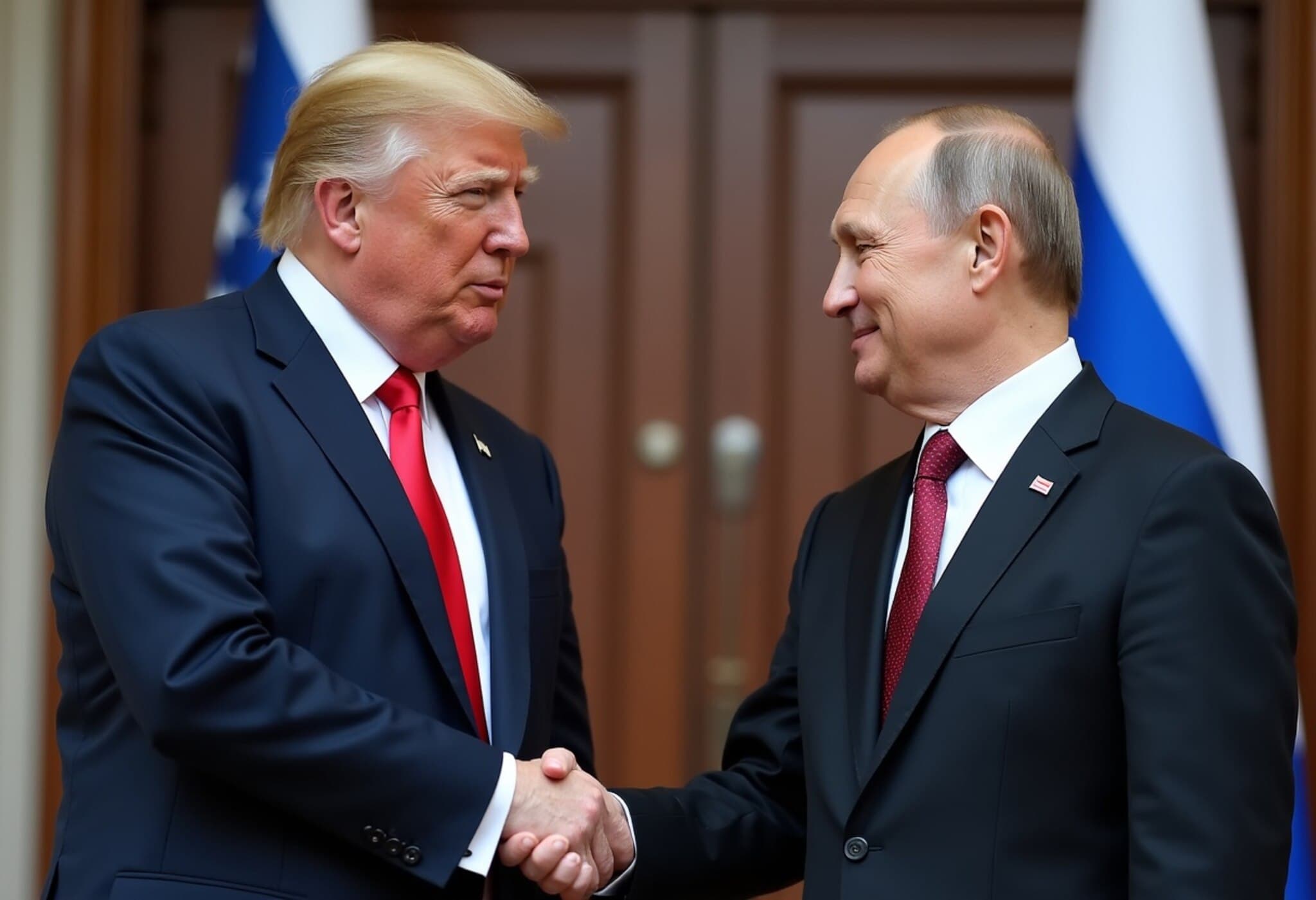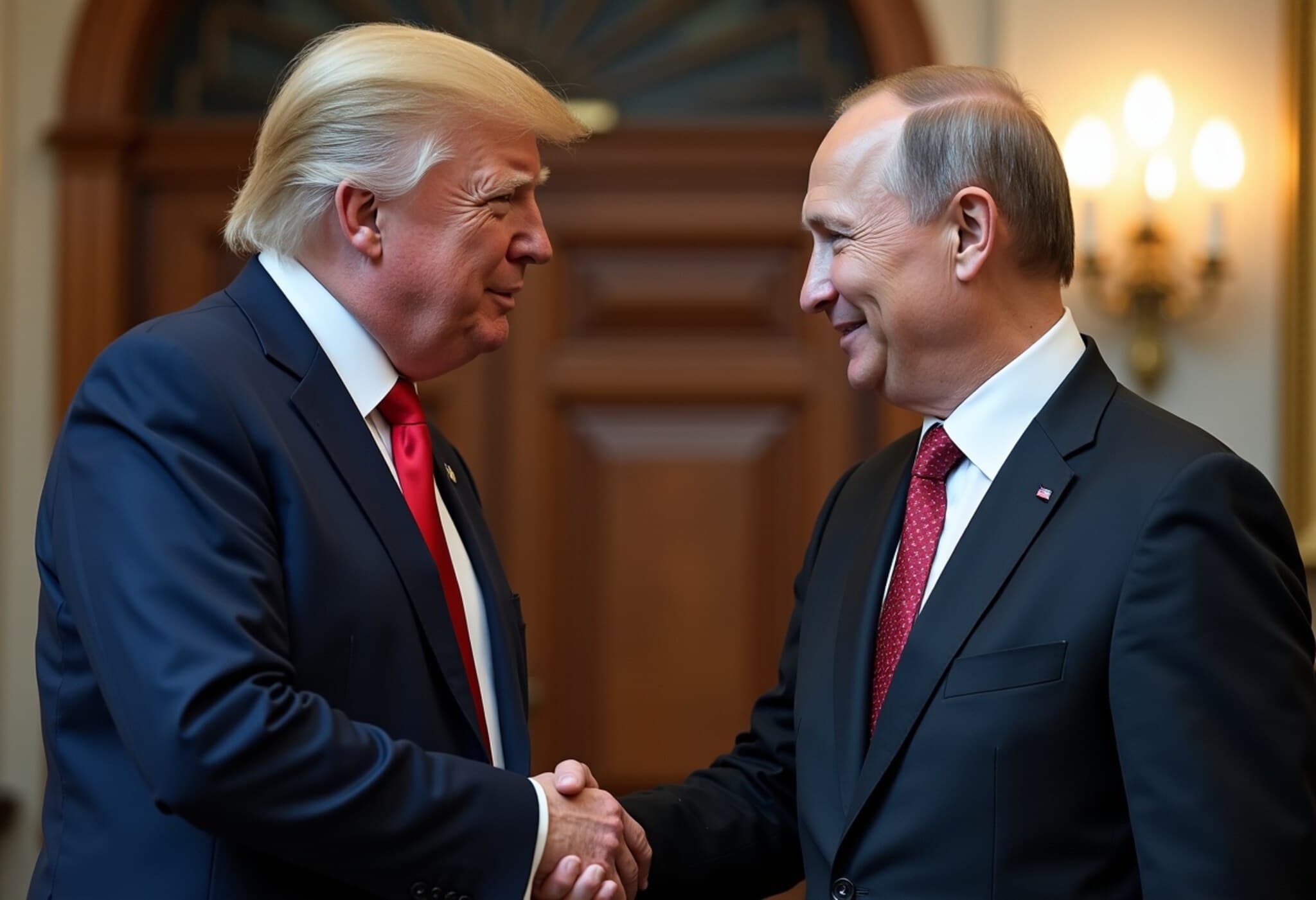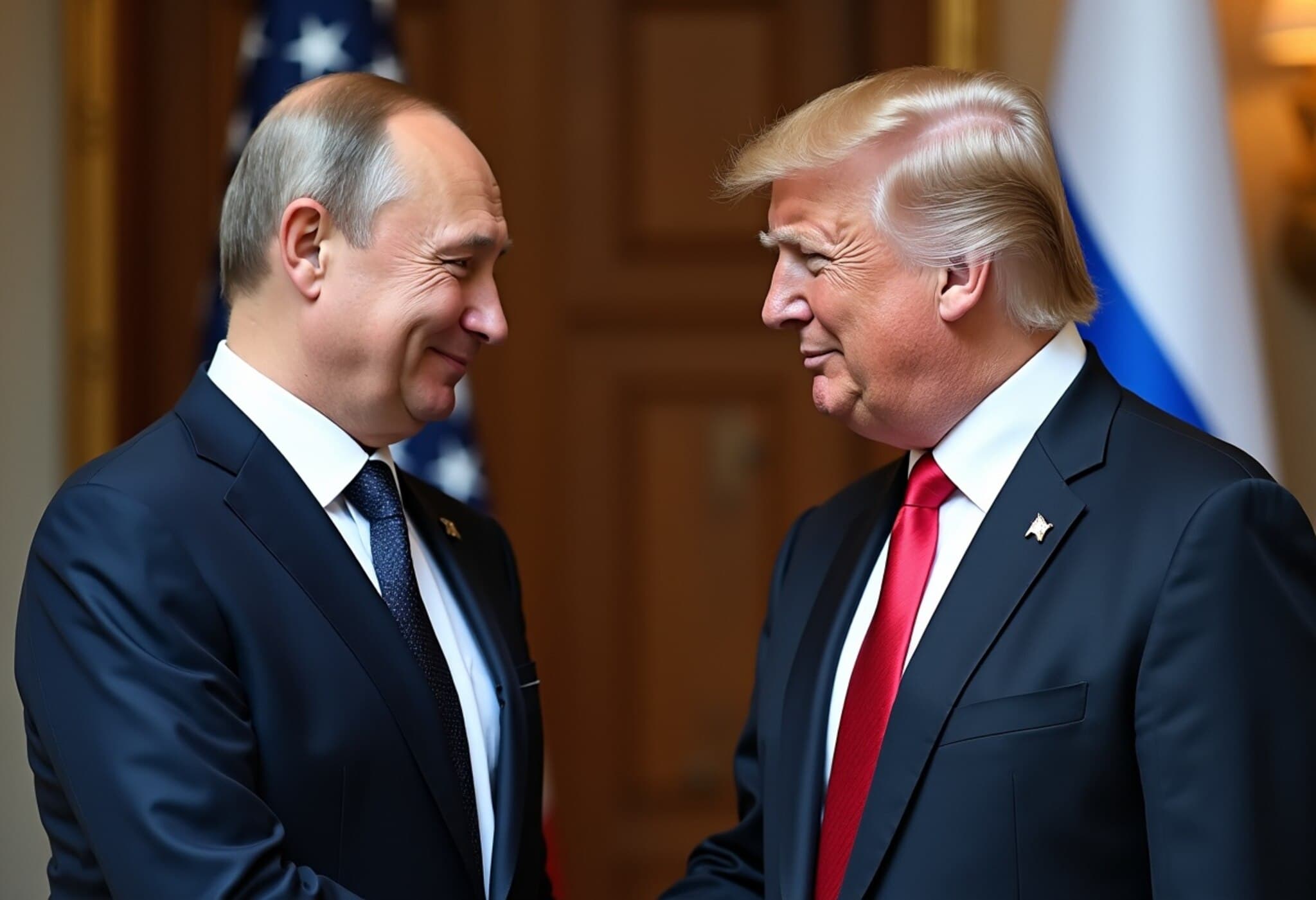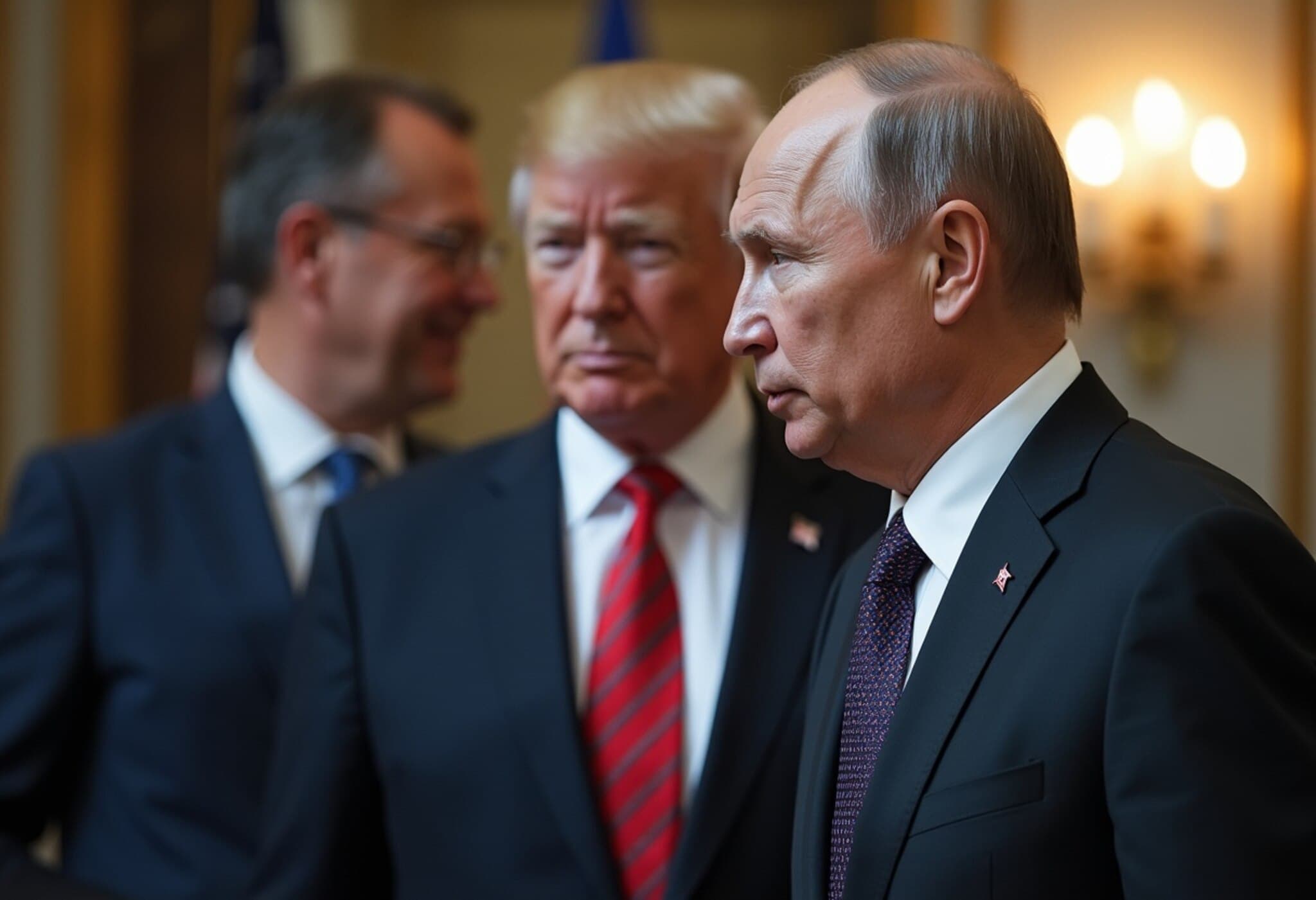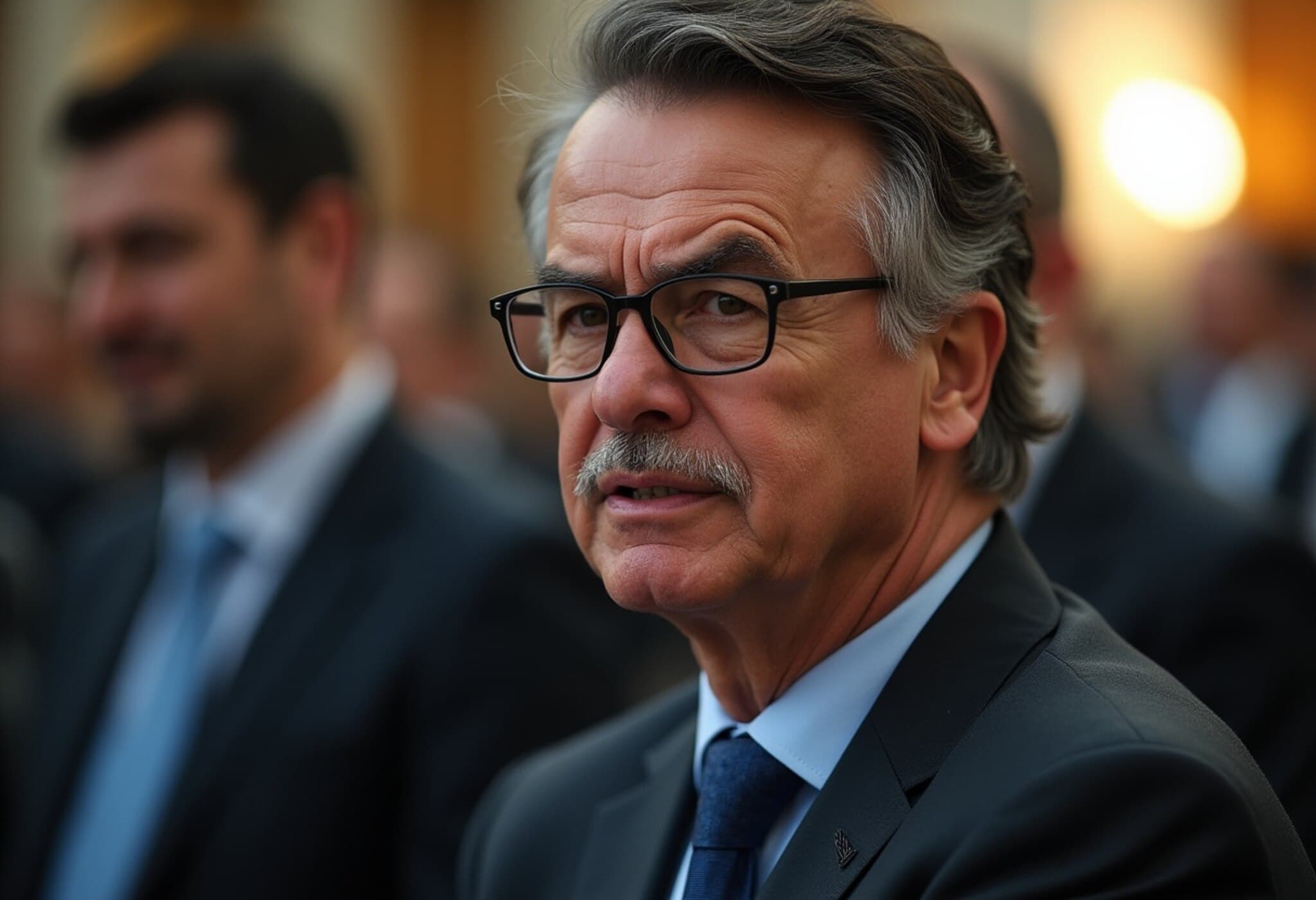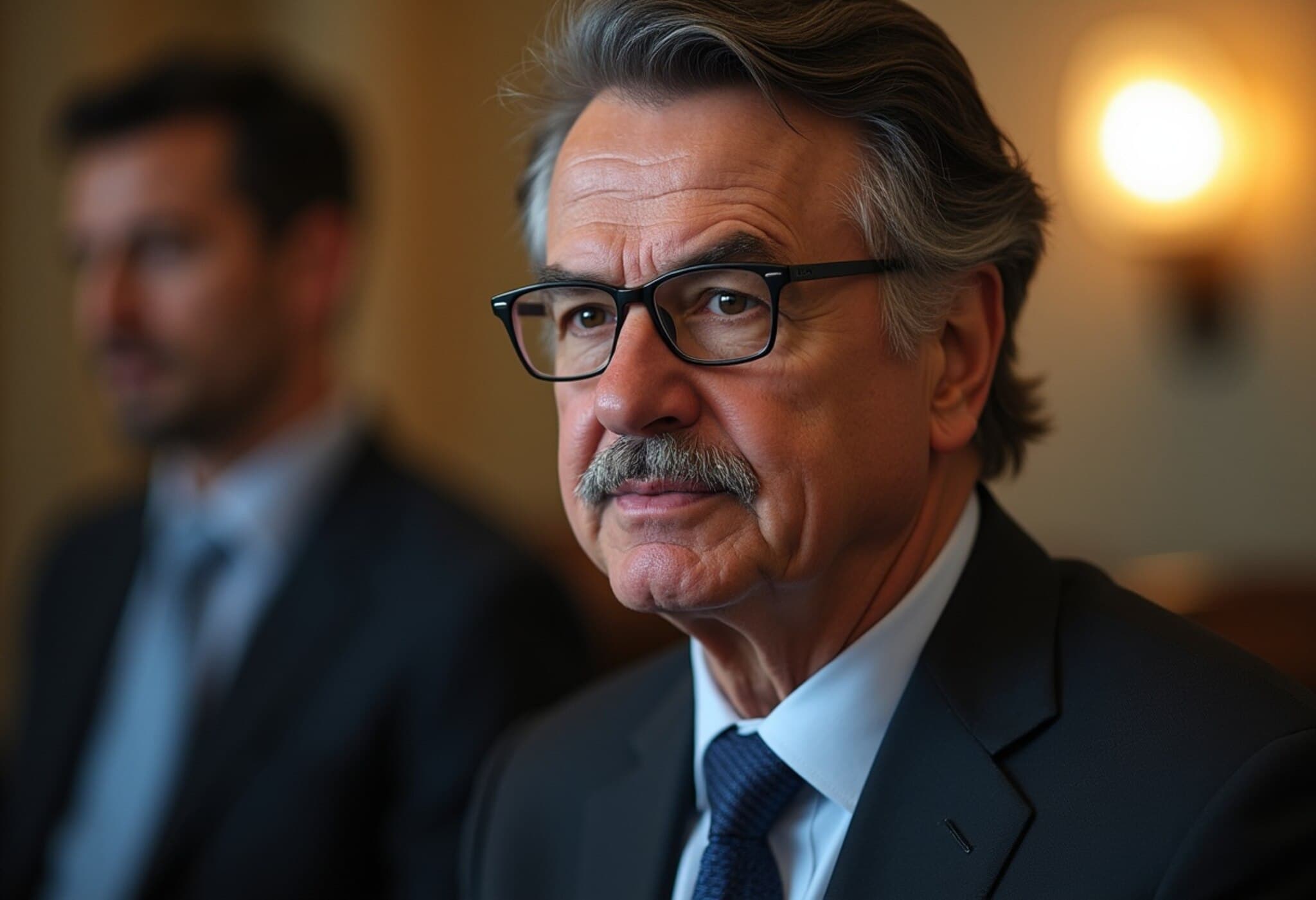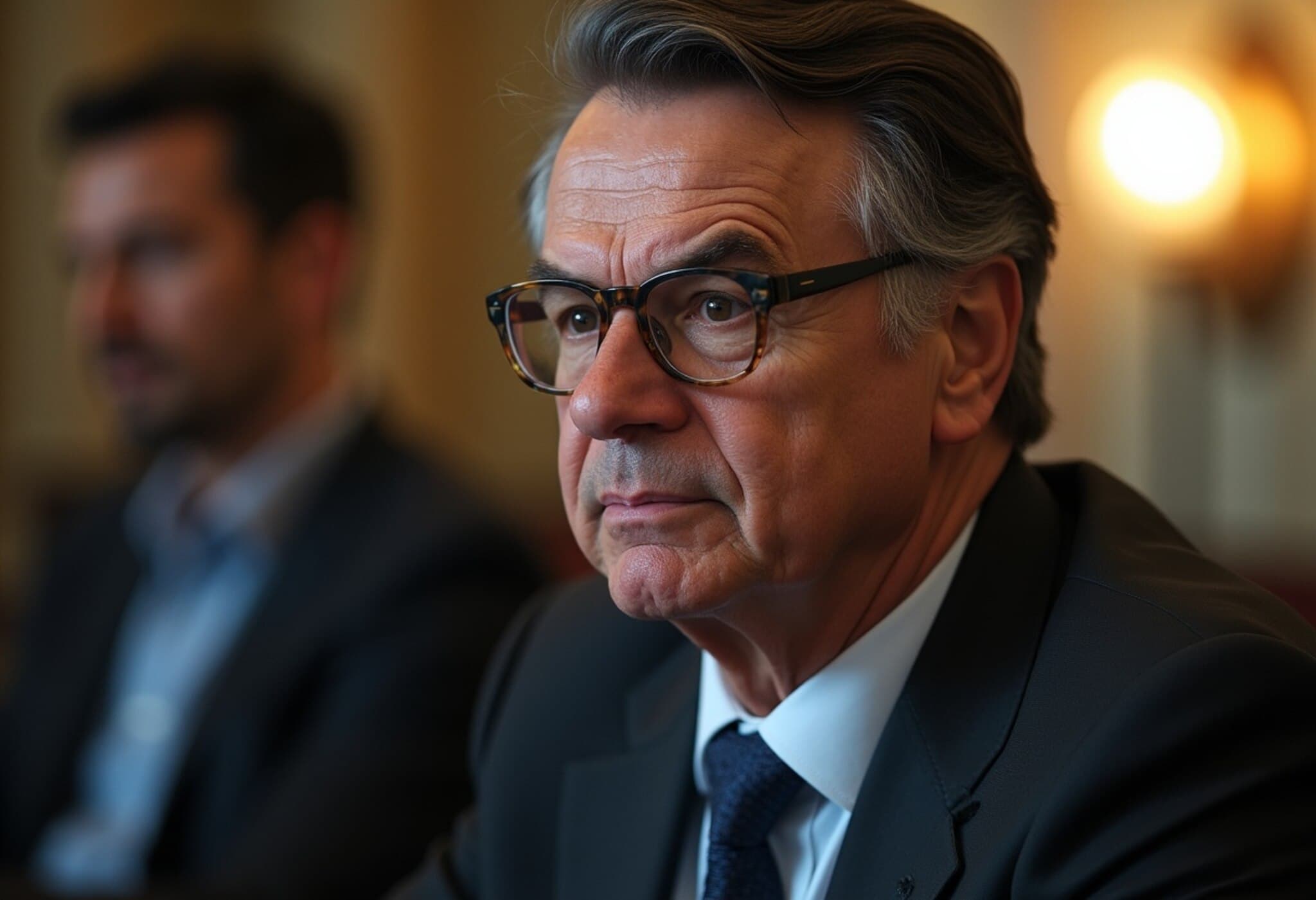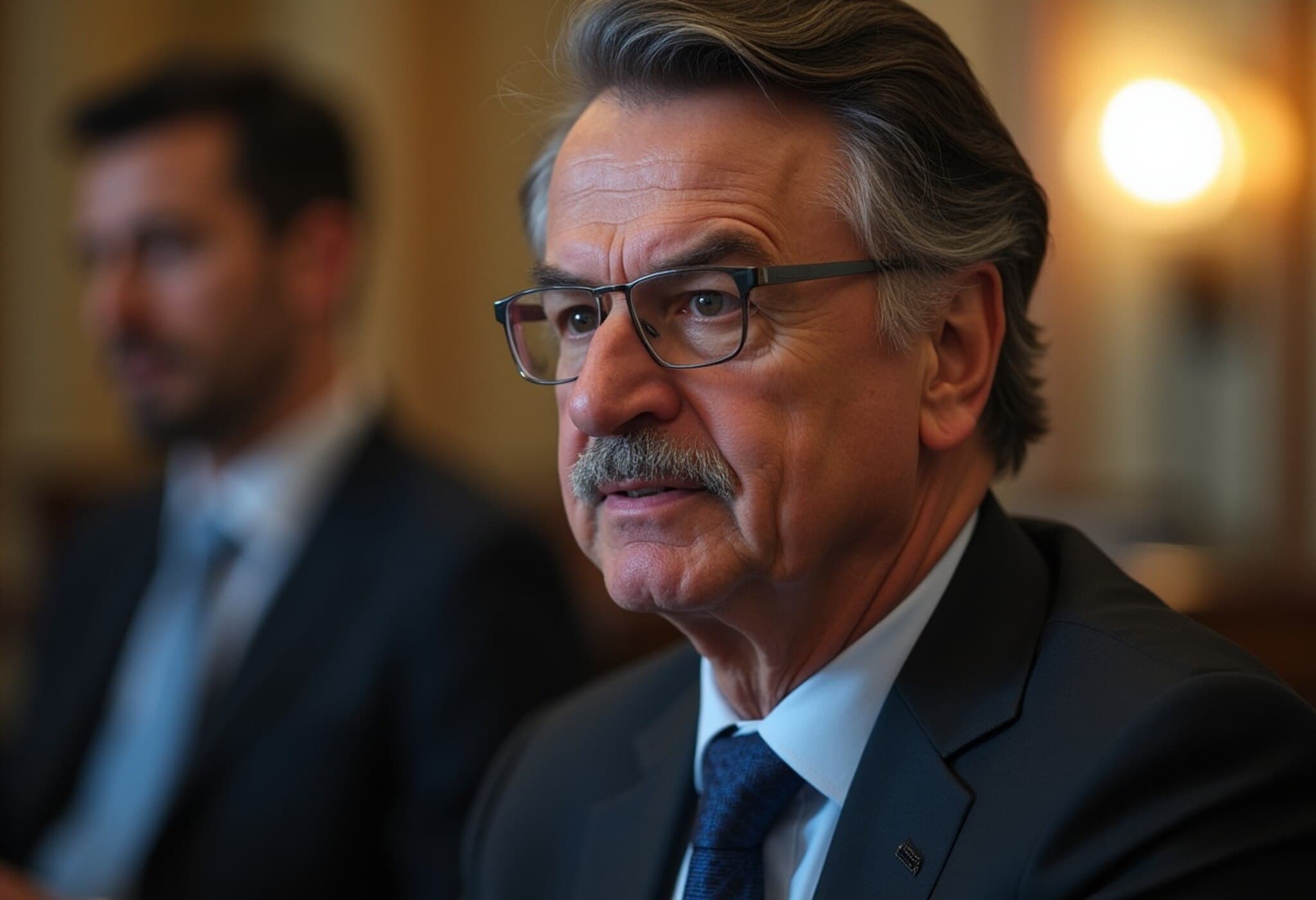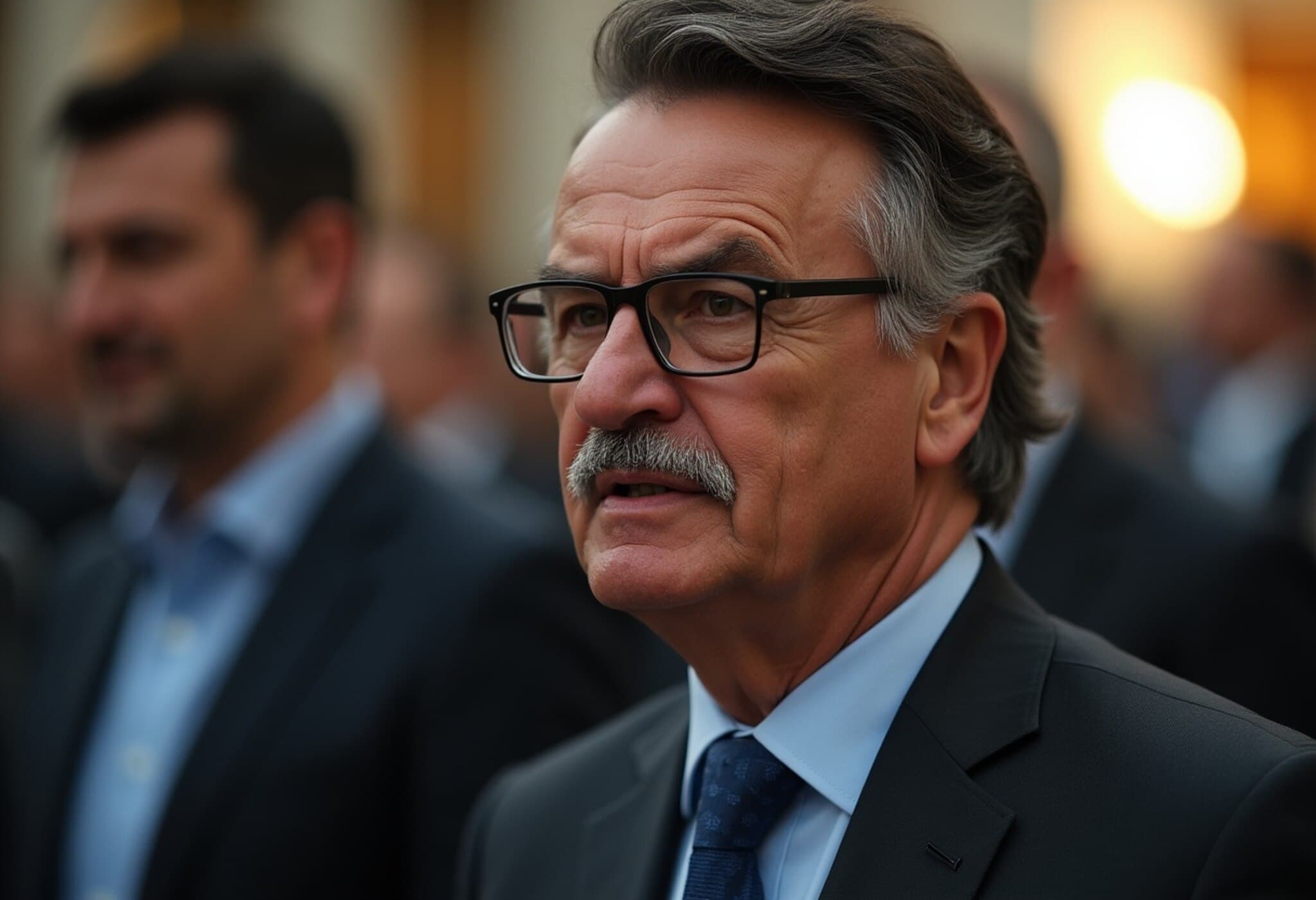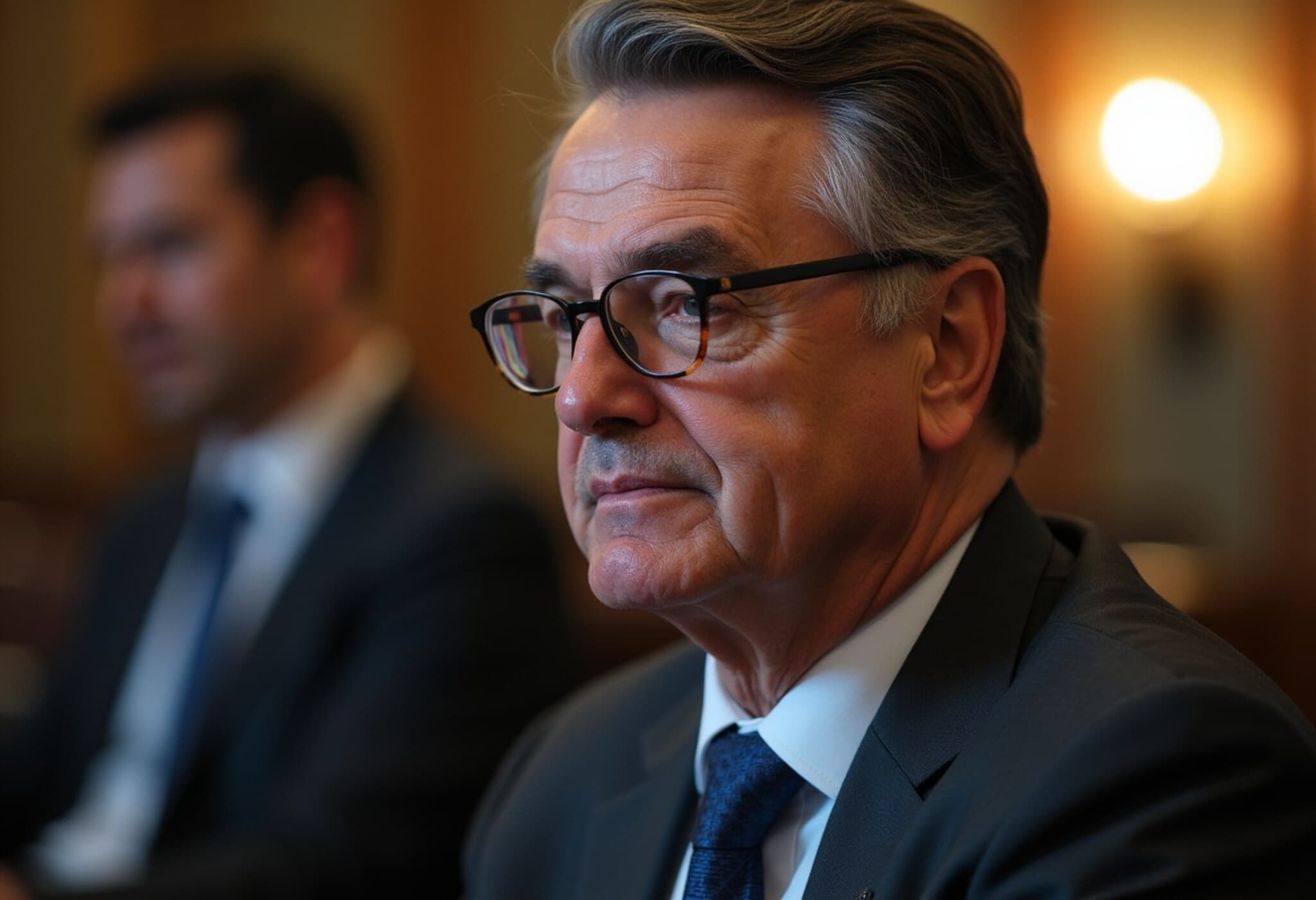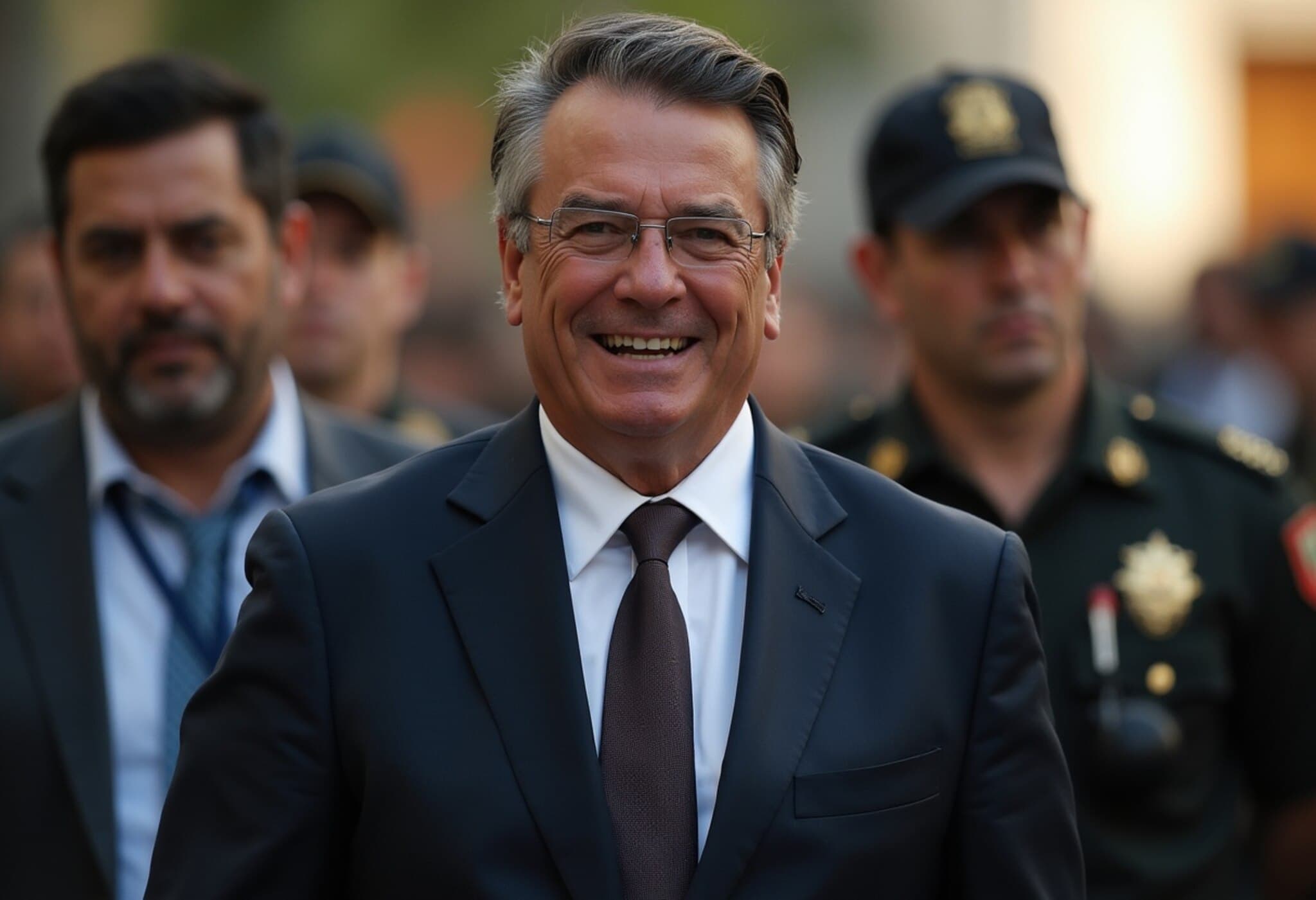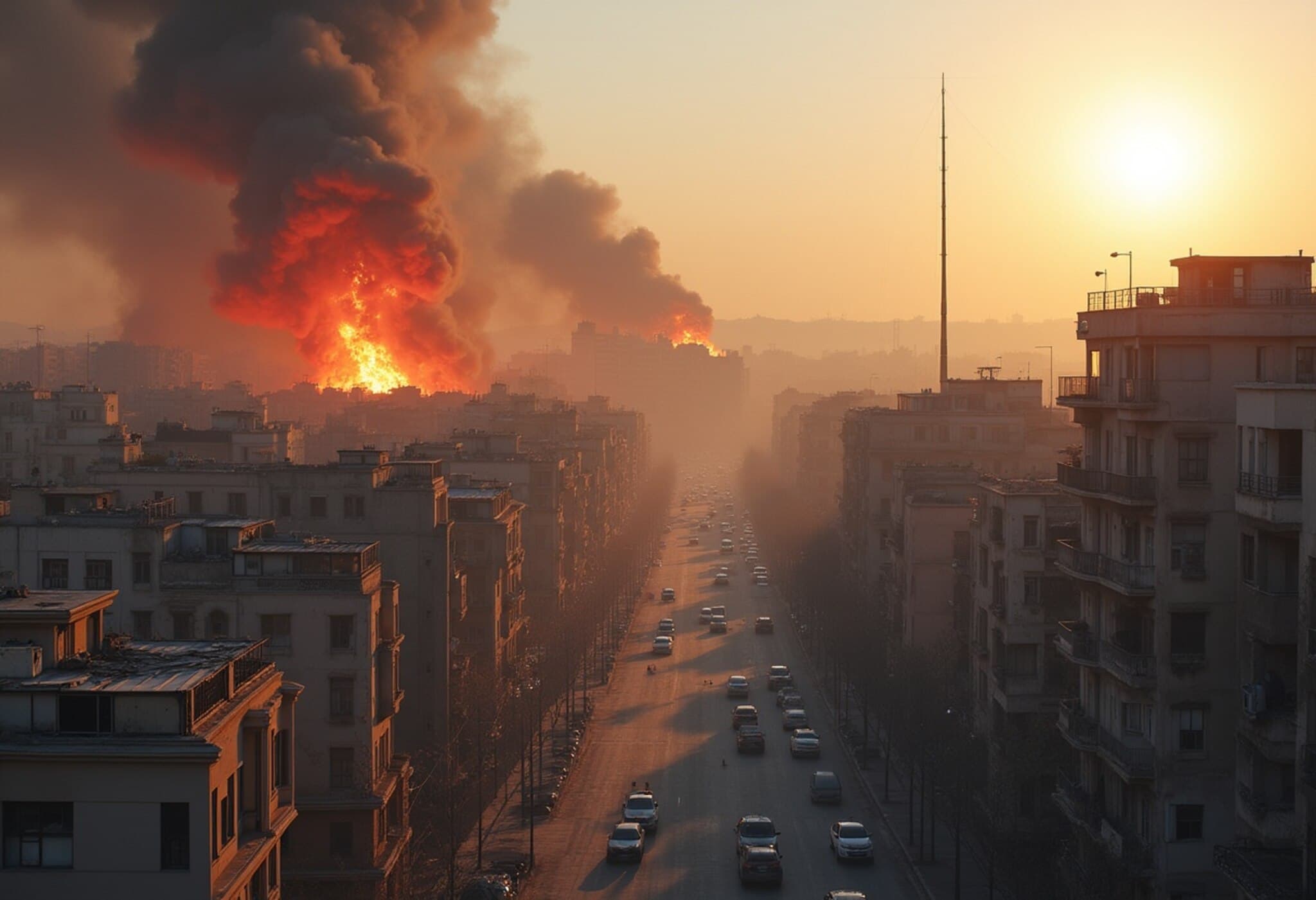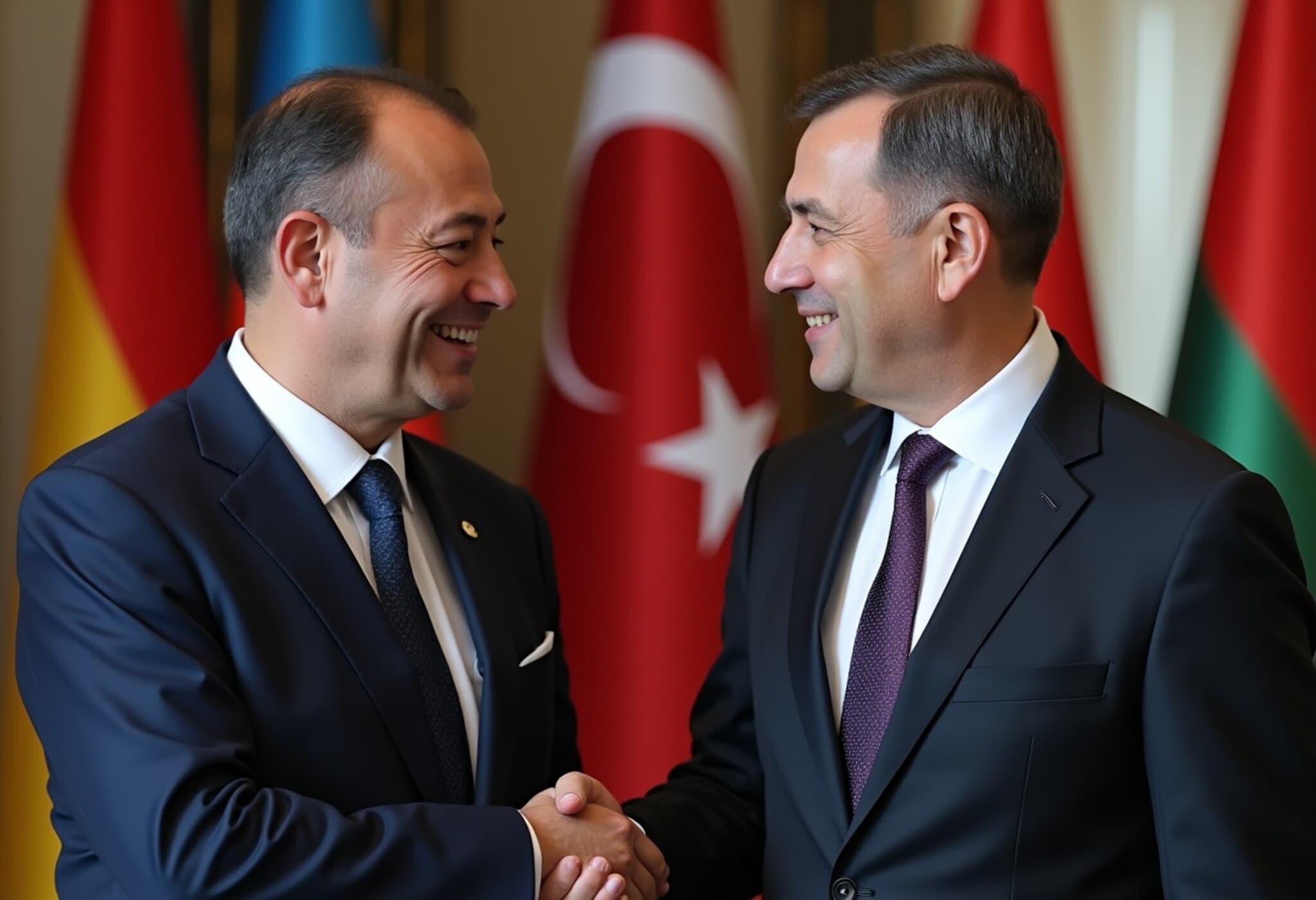Brazil Summons US Chargé d’Affaires Over Embassy’s Bolsonaro Trial Remarks
In a move signaling escalating diplomatic friction, Brazil’s Ministry of Foreign Affairs summarily called in the US chargé d’affaires following a provocative post from the US Embassy regarding the ongoing trial of former President Jair Bolsonaro.
The Embassy’s Statement and Brazil’s Reaction
On August 7, 2025, the US Embassy in Brasília published a social media message in Portuguese that sharply criticized Brazilian Supreme Court Justice Alexandre de Moraes, who is overseeing Bolsonaro’s trial related to an alleged coup attempt aimed at the current administration of President Luiz Inácio Lula da Silva.
The post accused Justice Moraes of being “the chief architect of censorship and persecution of Bolsonaro and his supporters,” and cited alleged human rights violations that, according to the embassy, prompted sanctions under the Magnitsky Act imposed by former US President Donald Trump. The embassy warned Moraes’s judicial allies not to support or facilitate his actions, emphasizing close monitoring of the situation. This statement was originally made by Darren Beattie, the US senior official for public diplomacy, and was reposted with translation.
Brazil’s foreign ministry perceived this as a serious affront and a direct threat to its judiciary. Acting swiftly, the ministry summoned Gabriel Escobar, the chargé d’affaires currently leading the US mission in Brazil due to the absence of a formally appointed ambassador. This marks the third time Escobar has been summoned in recent months amidst increasing tensions fueled in part by outspoken Trump-era support for Bolsonaro.
Diplomatic Tensions and Historical Context
Relations between the US and Brazil have cooled considerably since Bolsonaro’s presidency ended, particularly over political alignments and trade disputes. The Trump administration’s prior sanctions on Brazilian goods in retaliation for Brazil’s handling of alleged coup plot participants exacerbated matters.
A reliable source close to Brazil’s government told Reuters that Flavio Goldman, interim secretary for Europe and North America, expressed “deep indignation” over the embassy’s tone and content, condemning what Brasília sees as “unacceptable interference in domestic affairs and threats against Brazilian authorities.” The US Embassy has yet to issue a response addressing the summons or the content of the post.
Parallel Diplomatic Engagements Amidst Discord
Ironically, on the day before the summons, Escobar met with Brazilian Vice President Geraldo Alckmin, a key figure working within the Lula administration to negotiate the removal of US tariffs on Brazilian exports. Despite open overtures from Brazil dating back to April, the US has remained unresponsive, deepening frustrations over stalled dialogues.
President Lula himself recently expressed skepticism about the willingness of the Trump wing within US politics to engage in constructive talks, remarking candidly, “The day my intuition says Trump is ready to talk, I won’t hesitate. But today, my intuition says he doesn’t want to talk. And I won’t humiliate myself.”
Expert Analysis: What This Means for US-Brazil Relations
This episode underscores the fragile state of US-Brazil relations amid a politically polarized climate exacerbated by social media diplomacy. It reveals how diplomatic channels can be strained not only by policies but also by public statements that are interpreted as meddling in sovereign judicial processes.
From a US foreign policy perspective, reliance on public diplomacy to criticize sensitive judicial proceedings risks backfiring by hardening nationalist resistance and complicating key economic negotiations.
For Brazil, this incident illustrates the challenge of balancing domestic sovereignty and accountability with the pressures of international partnerships, particularly when high-profile cases like Bolsonaro’s trial evoke intense political emotions.
As the Bolsonaro trial continues to unfold, the evolving diplomatic dance will remain under close scrutiny by analysts monitoring impacts on hemispheric alliances, trade cooperation, and democratic governance standards in Latin America.
Editor’s Note
The US Embassy’s controversial social media stance reflects a broader challenge in international diplomacy today: the intersection of digital communication and traditional statecraft. While transparency and democracy are paramount, the question remains—how far can foreign missions go in publicly criticizing a host country’s legal processes without crossing into perceived interference? This case invites reflection on the limits and responsibilities of diplomatic engagement in the age of instant global communication.
Key questions linger:
- Will this diplomatic row push the US and Brazil further apart or encourage more nuanced dialogue?
- How might ongoing political developments in Brazil affect regional US-Latin America relations?
- What mechanisms can prevent social media statements from inflaming already sensitive political situations internationally?
The weeks ahead will be telling in revealing how both nations navigate these complex diplomatic waters.

